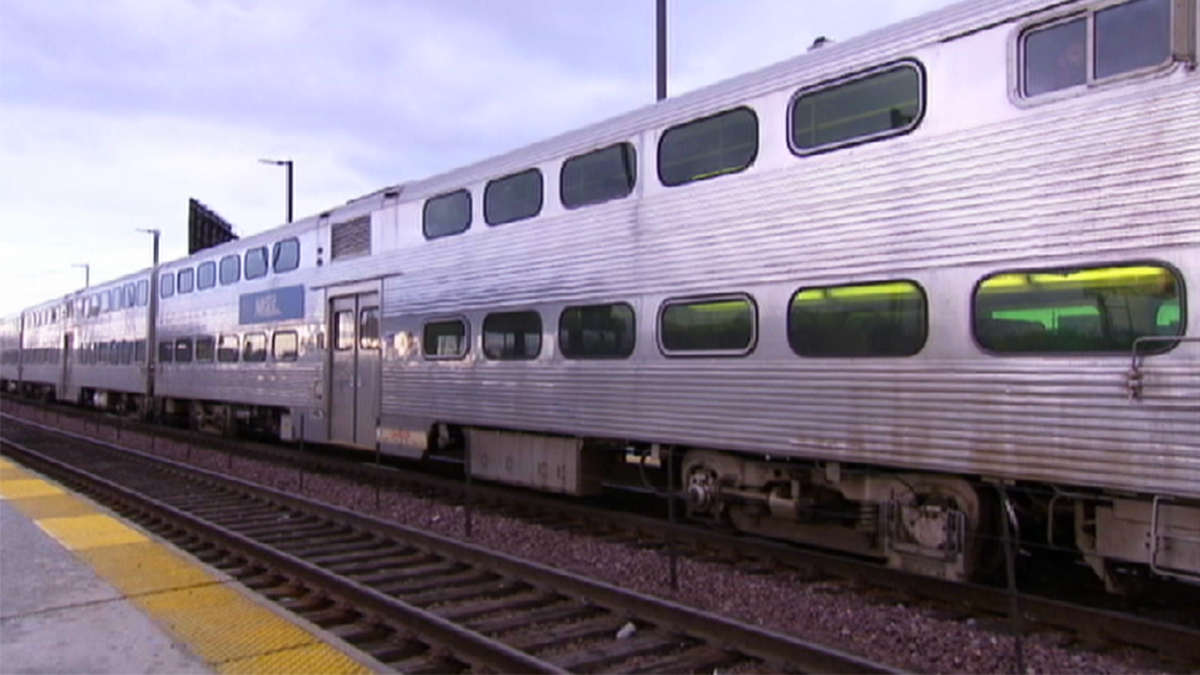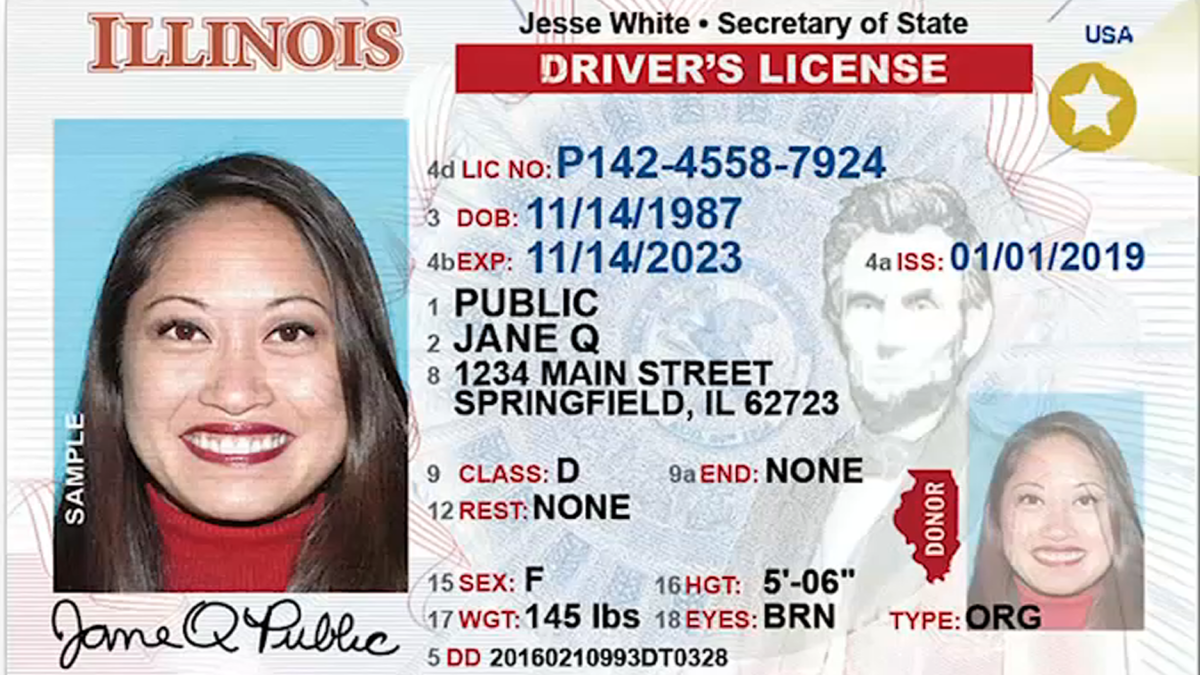Chicago has updated its travel advisory recommendations for unvaccinated travelers Tuesday, adding additional testing guidelines for those going to or coming from higher-risk locations.
Citing guidance from the U.S. Centers for the Disease Control and Prevention, the Chicago Department of Public Health said it now recommends additional testing for unvaccinated individuals.
The latest guidance comes just ahead of the long Labor Day weekend.
Here's a look at the updated recommendations:
According to the city, before travel, unvaccinated individuals should:
- Get tested 3-5 days prior to departure.
While traveling:
- ALL individuals regardless of vaccination status should wear a mask on planes, buses, trains, and other forms of public transportation traveling into, within, or out of the United States and while indoors at U.S. transportation hubs such as airports and stations.
- In Chicago, wear a mask in all indoor public settings, regardless of vaccination status.
- Avoid crowds, try to stay at least 6 feet/2 meters (about 2 arm lengths) from anyone who is not traveling with you, and wash your hands often or use hand sanitizer (with at least 60% alcohol).
After travel, unvaccinated individuals should:
- Get tested with a viral test 3-5 days after travel AND stay home and self-quarantine for a full 7 days.
- Even if you test negative, stay home and self-quarantine for the full 7 days.
- If your test is positive, isolate yourself to protect others from getting infected.
- If you don’t get tested, stay home and self-quarantine for 10 days after travel.
- Avoid being around people who are at increased risk for severe illness for 14 days, whether you get tested or not.
Feeling out of the loop? We'll catch you up on the Chicago news you need to know. Sign up for the weekly> Chicago Catch-Up newsletter.
The city advised all travelers to monitor themselves for COVID-19 symptoms and isolate and get tested if they develop any after travel.
Local
"We have seen and know that travel is a significant risk factor for acquiring COVID," CDPH Commissioner Dr. Allison Arwady said. "If you decide not to get tested, the recommendation is actually to stay home and self quarantine for 10 days after travel, and you should avoid being around anybody who has an increased risk for severe COVID outcomes for 14 days after travel regardless of whether you get tested or not. Obviously we want anybody who's traveling to self monitor for COVID symptoms and get tested if you develop symptoms."
Nearly every U.S. state, with the exception of Vermont, is now on the city's travel advisory.
Increases in COVID metrics pushed those newly added states over the threshold of 15 cases per day per 100,000 people to get onto the "orange" list. Any below that mark are on the "yellow" list, with public health officials still warning against non-essential travel.
"Unfortunately COVID is surging across the entire United States," Arwady said. "The average right now is at 39 cases per 100,000 per day. We're doing much better than that here in Chicago, but nevertheless the news remains not good from a COVID perspective at the national level."
This week's update to the travel advisory comes at a time when the average daily number of new cases in Chicago is up to 473 per day - a 2% increase over the previous week.
That figure is also more than 12 times the low of 34 that the city saw in late June but remains lower than the more than 700 cases per day the city was seeing during the most recent surge earlier this year.
Hospitalizations in Chicago are down 29% from last week and deaths are down 31% from the week prior, per the city's data. The positivity rate in testing is down to 4.4% this week, a drop from 4.5% last week.
Arwady noted earlier this month that about 99% of new COVID cases, hospitalizations and deaths are among unvaccinated individuals.
States and Territories on the advisory include: Alabama, Alaska, Arizona, Arkansas, California, Colorado, Connecticut, Delaware, Florida, Georgia, Hawaii, Idaho, Indiana, Iowa, Kansas, Kentucky, Louisiana, Maine, Maryland, Massachusetts, Michigan, Minnesota, Mississippi, Missouri, Montana, Nebraska, Nevada, New Hampshire, New Jersey, New Mexico, New York, North Carolina, North Dakota, Ohio, Oklahoma, Oregon, Pennsylvania, Rhode Island, South Carolina, South Dakota, Tennessee, Texas, Utah, Virginia, Washington, West Virginia, Wisconsin, Wyoming, District of Columbia, Guam, Puerto Rico, and the Virgin Islands.
The travel advisory will be updated every Tuesday, with any changes taking effect the following Friday.



